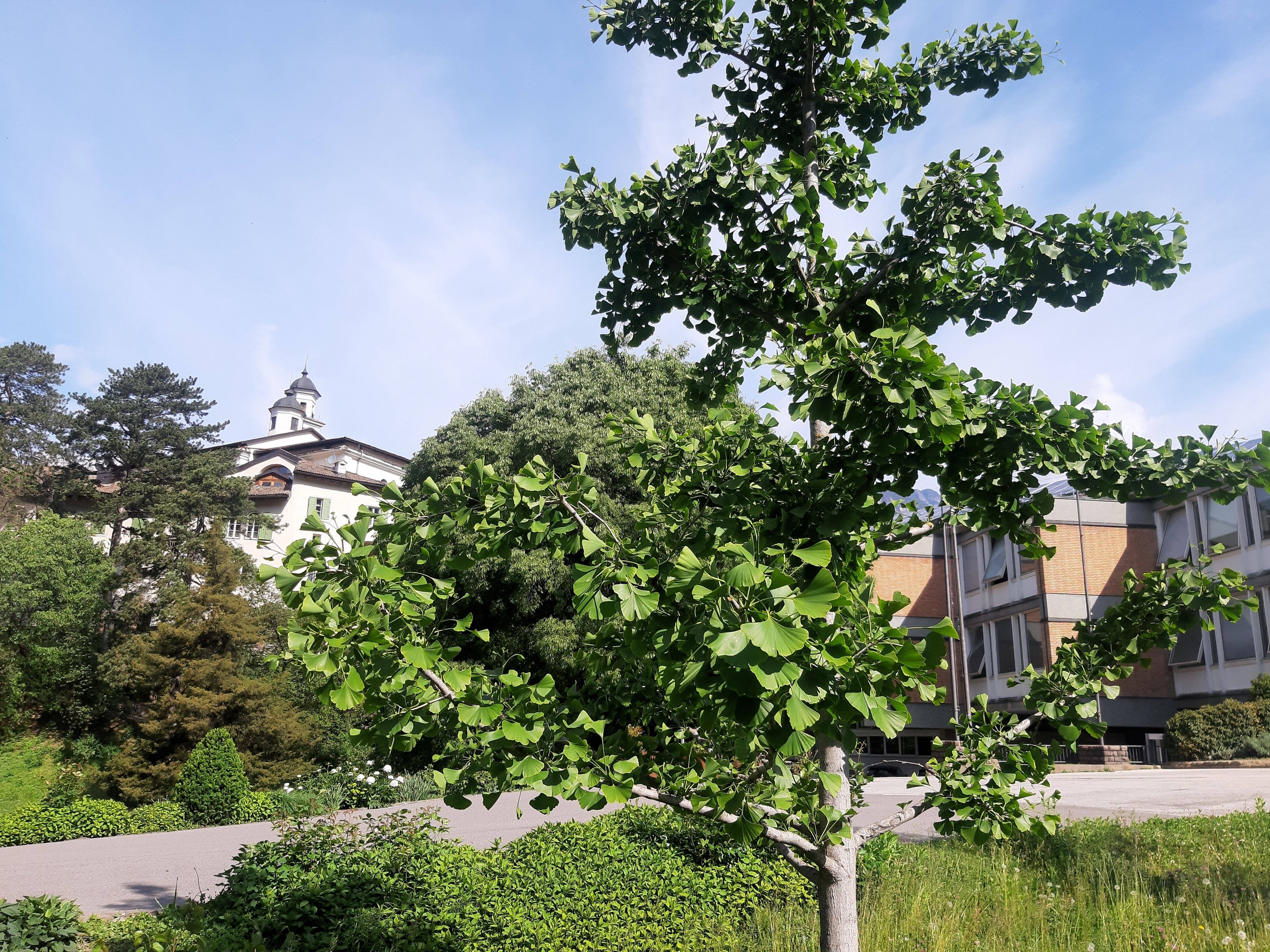PRESS RELEASE
Non-native tree species (NNTs) have been introduced in the Alpine area for ornamental purposes because they adapt better to urban environments and are more resistant to climate change. However, they can cause ecological problems because some of them, if they escape urban environments, can become wild and therefore compete with and dominate native species, significantly transforming the balance of ecosystems. Such exotic trees must therefore be carefully studied and monitored to create adequate action and management plans.
The European project Alptrees, which had the final meeting at Fondazione Mach from May, 2nd to 5th, promotes knowledge of non-native trees as a way to contribute to a European transnational strategy aimed at their sustainable management, investigating benefits and potential risks.
The project is coordinated by the Vienna Institute for Forestry, Natural Hazards and Landscape Research. Alongside the French, German, Austrian and Slovenian institutional partners, Italy is represented by the Research and Innovation Center of the Edmund Mach Foundation, which coordinates the Workpackage "Policy implementation, stakeholder engagement & capacity building" of the project, by the Municipality of Trento and by the Langhe Monferrato and Roero Consortium. The Forest Service of the Autonomous Province of Trento is present with the role of "observer".

